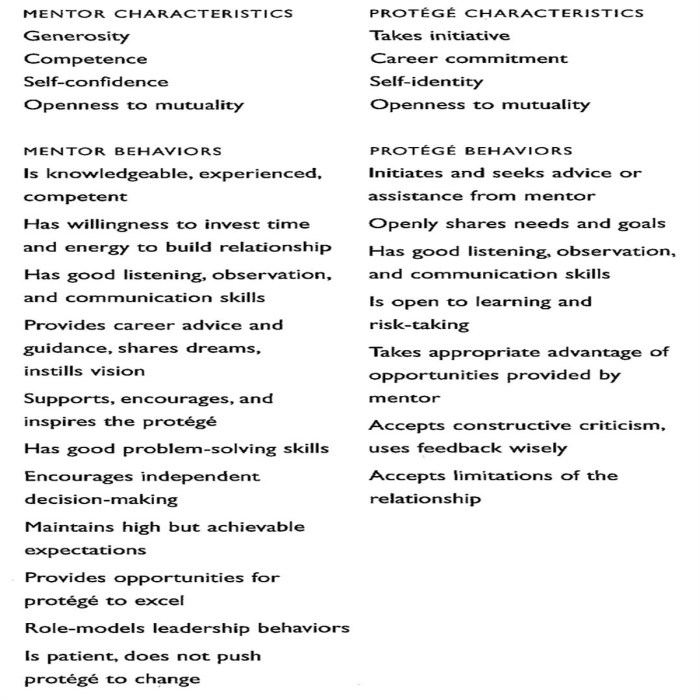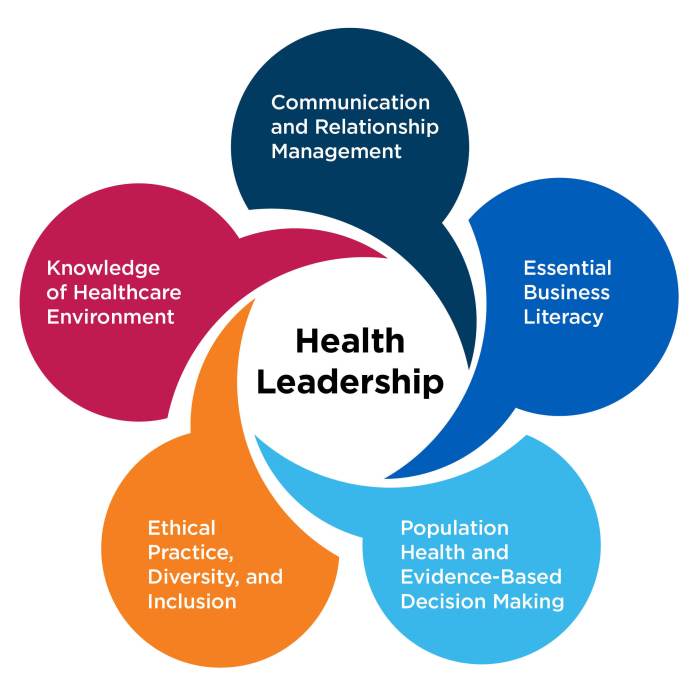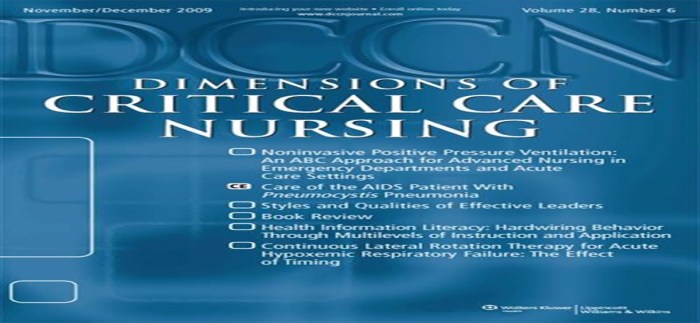Welcome to the Leadership and Management of Care Quiz, a comprehensive assessment tool designed to evaluate your understanding of the core principles, practices, and challenges involved in healthcare leadership and management. This quiz will provide you with valuable insights into your strengths and areas for improvement, empowering you to enhance your leadership skills and drive positive outcomes in healthcare settings.
1. Leadership and Management of Care
Core Concepts

Leadership and management are essential components of healthcare delivery, ensuring the effective and efficient provision of patient care. Healthcare leaders and managers play crucial roles in shaping the healthcare system, driving quality improvement initiatives, and fostering a positive work environment.
Key Roles and Responsibilities, Leadership and management of care quiz
- Setting strategic direction and vision for healthcare organizations
- Allocating resources and managing budgets
- Recruiting, developing, and retaining healthcare professionals
- Ensuring compliance with regulatory and ethical standards
- Promoting patient-centered care and shared decision-making
Effective Leadership and Management Practices
- Transformational leadership: Inspiring and motivating healthcare professionals to achieve organizational goals
- Situational leadership: Adapting leadership styles to different situations and individuals
- Servant leadership: Focusing on the needs of followers and empowering them to succeed
- Data-driven decision-making: Using data and evidence to inform healthcare policies and practices
- Continuous quality improvement: Regularly evaluating and improving healthcare processes to enhance patient outcomes
- Treat patients with respect and dignity
- Listen to and understand patient concerns
- Provide clear and accurate information
- Involve patients in decision-making
- Tailor care plans to individual patient needs
- Patient-centered medical homes: Provide comprehensive primary care services that emphasize patient engagement and care coordination
- Shared decision-making models: Empower patients to participate in making decisions about their own care
- Patient portals: Allow patients to access their health information, communicate with providers, and manage their appointments
- Differences in professional language and terminology
- Hierarchical structures that can hinder open communication
- Time constraints and high workloads
- Cultural and language barriers
- Establish clear communication channels and protocols
- Promote active listening and empathy
- Use technology to facilitate communication and collaboration
- Foster a culture of respect and teamwork
- Provide training and support to healthcare professionals on effective communication skills
2. Patient-Centered Care and Shared Decision-Making: Leadership And Management Of Care Quiz

Patient-centered care is a healthcare model that places the patient at the center of all decision-making. It involves respecting patient values, preferences, and beliefs, and actively engaging them in their own care.
Principles of Patient-Centered Care
Successful Patient-Centered Care Models
3. Communication and Collaboration in Healthcare

Effective communication and collaboration among healthcare professionals are essential for providing safe and high-quality patient care. It facilitates information sharing, reduces errors, and promotes a positive work environment.
Challenges and Barriers
Strategies for Improvement
Question Bank
What are the key responsibilities of healthcare leaders and managers?
Healthcare leaders and managers are responsible for planning, organizing, directing, and controlling the delivery of healthcare services. They oversee the operations of healthcare organizations, manage staff, ensure compliance with regulations, and work to improve the quality and efficiency of patient care.
What are the benefits of effective communication and collaboration in healthcare?
Effective communication and collaboration in healthcare improve patient safety, reduce medical errors, enhance patient satisfaction, and facilitate better decision-making. It fosters a positive work environment, promotes teamwork, and allows healthcare professionals to share knowledge and expertise.
How can healthcare leaders and managers promote quality improvement and patient safety?
Healthcare leaders and managers can promote quality improvement and patient safety by implementing quality management programs, monitoring performance metrics, identifying and addressing risks, and fostering a culture of continuous improvement. They should encourage staff to report errors and incidents, and provide training and resources to enhance patient safety.